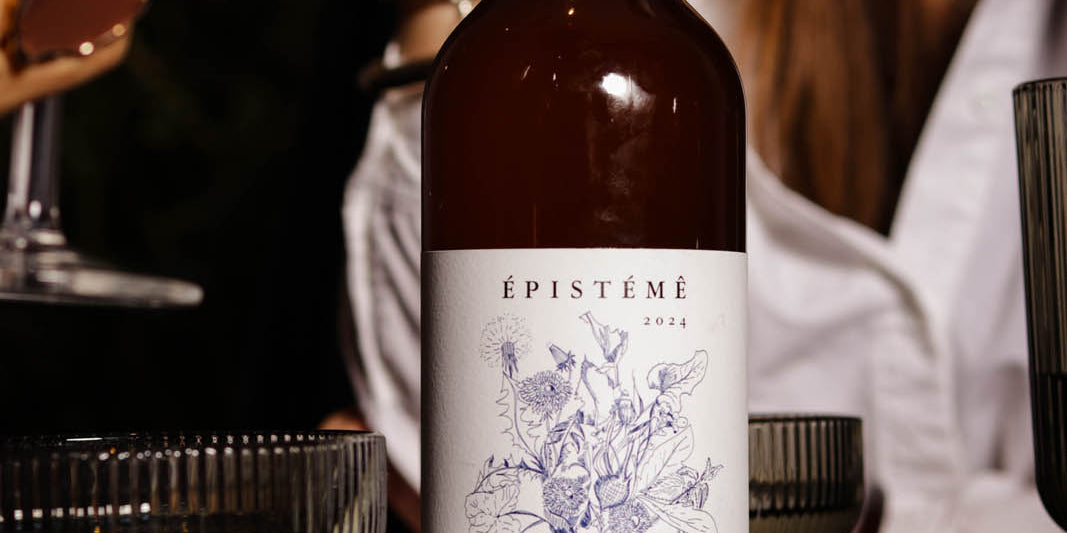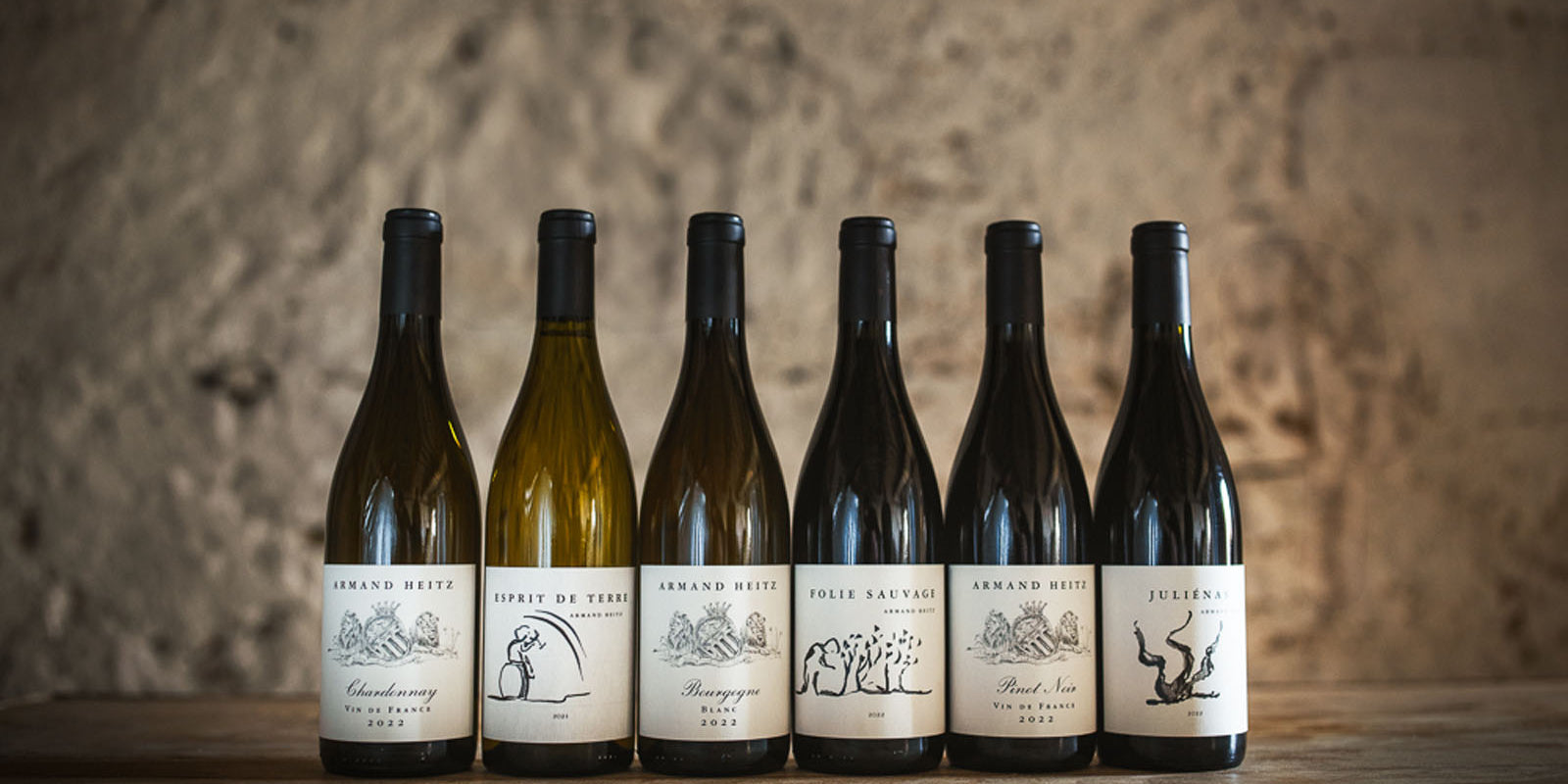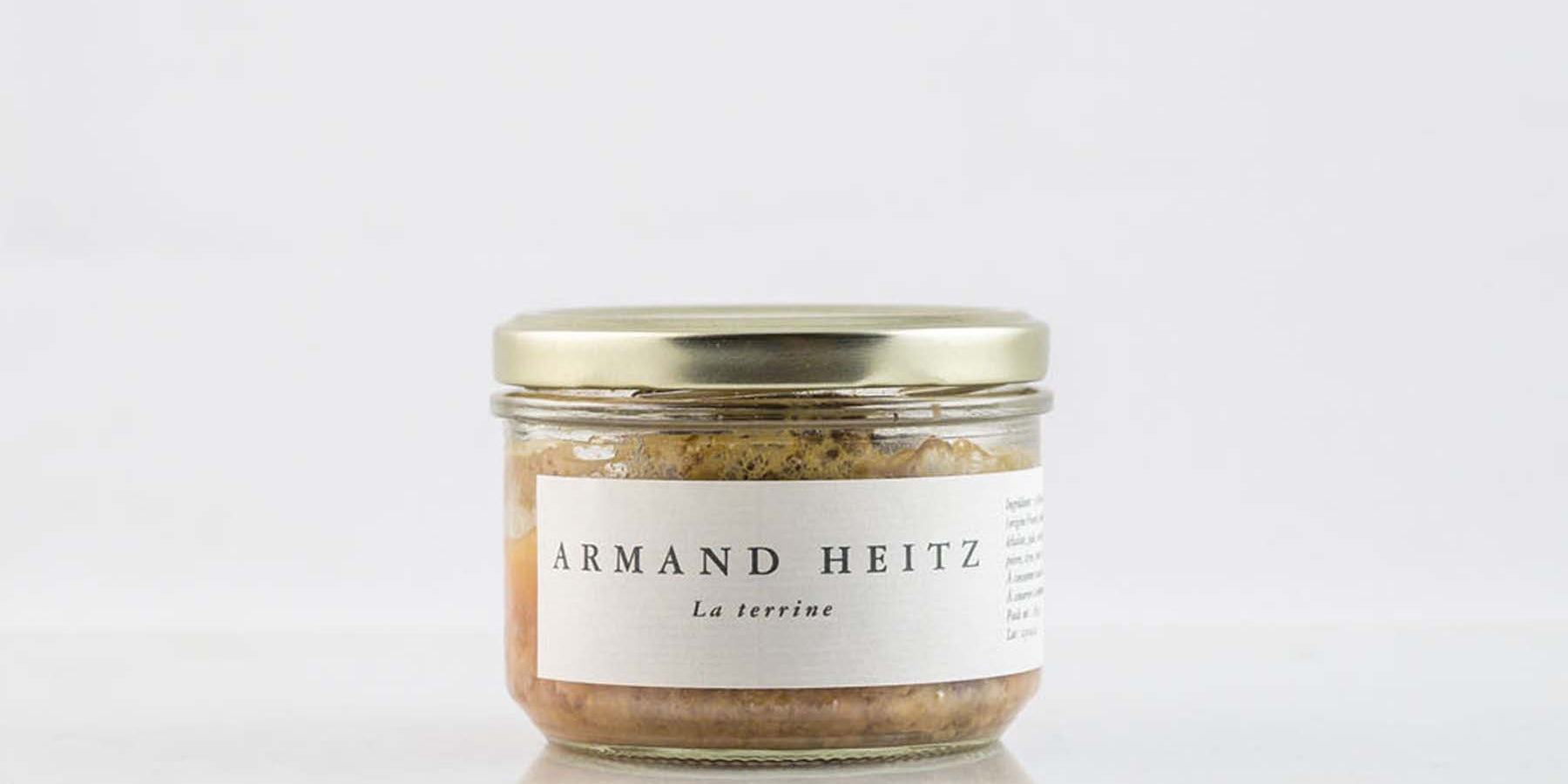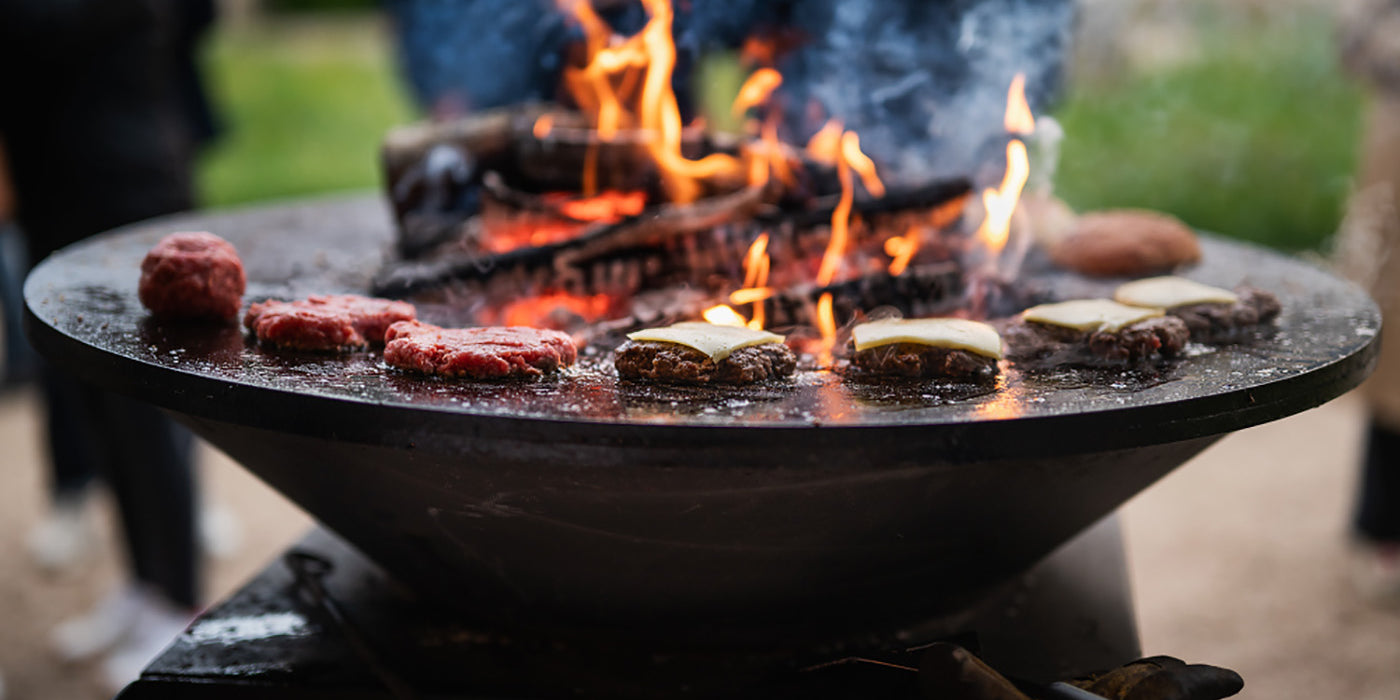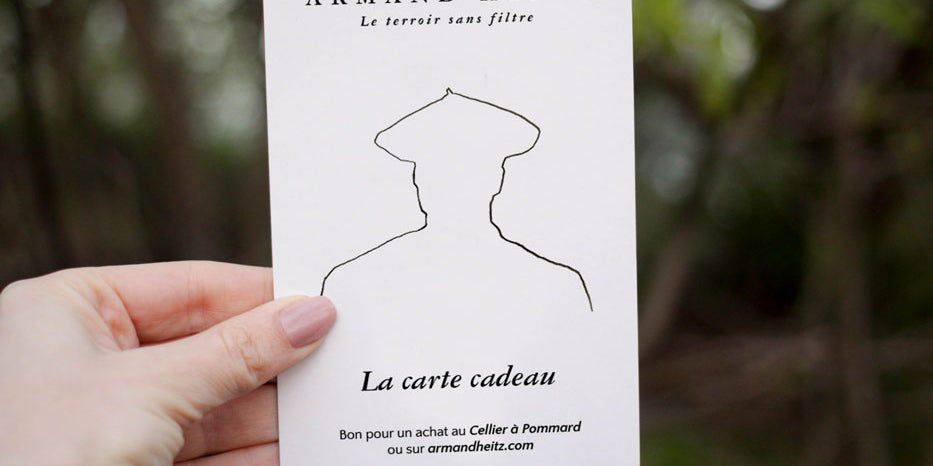This text is dedicated to Pierre Rabhi, pioneer farmer in agroecology in France.
A local product is a product that bears witness to the agronomic, climatic and cultural heritage of a region. What is fantastic with a local product is that the neighboring plot will have a different product because it does not have the same soil or the same cultivation methods. It is this diversity that will make a territory rich and resilient.
It is obvious that industrial processes kill the terroir because the goal of the industrialist is to have a product that is as homogeneous and regular as possible. I suggest that we mention in this article some components of the terroir in order to see if, in our current context, the notion of terroir is still relevant.
It all starts on a floor. In 60 years, our soils have lost more than half of their organic matter. The destroyed hedges took with them all the biodiversity they supported. Forests are like monoculture fields. The answers in vogue at the moment to improve our dead soils and subject to high summer heat are irrigation, the addition of fertilizers or shading by solar panels. Fortunately, the vine is a very resistant plant, but how long will it resist our agronomic mistakes?

Let's talk about the vine. In the 1960s, our sovereign and benevolent government decided that to ensure the sustainability of our vines, it was preferable that organizations and institutes control and manage the multiplication of our vine plants.
Before 1960, the Burgundian winegrower could compose his plot as he pleased with around twenty different grape varieties. He could manage the production of his plants. Some vines resulting from this work are still existing today while the benevolent and sovereign vines that we are currently planting hardly manage to produce for 20 harvests.

Weakened by selection work at odds with natural rules, our wine-growing heritage is in danger. Have we succeeded in maintaining control over our wines? As the harvest approaches and until bottling, the laboratories invite you to monitor acids, pH, sugars, anthocyanins and tannins. The infallible argument is that the more you control, the better the wine will be. If analyzes at harvest were not to be within the norm, do not worry. Sugar, acid, tannins are available. The important thing is not to be the faithful image of your terroir. The important thing is to get as close as possible to an arbitrary ideal disseminated by a so-called influential person.
Normalizing pollution has also attacked cellar equipment. When I was finishing my training as an oenologist, I remember defending my teacher that to make a terroir wine, you had to accept bunches with a lower maturity, bunches with a maturity that was a little too advanced and also a little disease. He told me no. The whole harvest must be as homogeneous as possible and gave me a bad mark on the next exam.

Today is the advent of optical sorters and temperature regulation. The goal is once again to look like what a well-meaning person will have judged as good. As if this commercial dictate were not enough, Europe pays aid to winegrowers so that we can equip ourselves with these latest technologies. The consequences are disastrous because these stainless steel materials have a colossal carbon footprint in production and are also very energy-intensive in operation.
The consequences are also found on the finished product It is enough to see the taste homogeneity of the Bordeaux châteaux or the rosés of Provence which follow the same recipe with the same equipment to supposedly make the best wine because Monsieur Parker has decided so.
Have you ever tasted wines from new producing countries such as New Zealand, South Africa or California? Many times in blind tasting with my producer friends, while we taste wine daily, we were unable to recognize whether it was a French wine or a wine from the New World. Are we bad tasters? I do not think so. As we take the same rootstock, the same clone, we work on soil that is almost dead or infused with nutrients, and we use the same techniques in the winery, then it is not surprising that French wine resembles to be mistaken for that of the new world.

Agriculture is 8,000 years old, and it is the peasant who has been able to perpetuate this heritage over the years. Dear politicians, you seized 70 years ago the rights that we peasants had on our lands and you transformed us into vulgar tools of mass productivism. In 70 years, you have destroyed our countryside, our biodiversity, our soils and our know-how. Be aware that the terroir is not a matter of politics but a peasant matter. Give us back our rights if you do not want to complete our terroirs and continue to produce standardized wines that are unsuitable for healthy and sustainable consumption.
Armand Heitz
.


